Sober Holidays Events in Recovery (Long Beach, Los Alamitos)

Remaining clean and sober through the holidays in Long Beach and Los Alamitos can be fun and supported by community events. Try some of the following:
North Orange County Central Office AA CENTRAL OFFICE VOLUNTEER
1661 E. Chapman Ave., Ste 1H, Fullerton, CA. 92831, (714) 773-4357 (24 Hours), http://www.aanoc.com, Office Hours: Monday Thru Saturday: 9AM to 7PM Sunday: 9am – 1pm
Holiday Ice At Battleship Iowa
SATURDAY, NOVEMBER 19 2016 TO SUNDAY, JANUARY 8 2017, $15 (skate rentals included) Hours: 3 Sessions from 3:00 pm to 10:30 pm
LA Kings sponsored outdoor ice rink Long Beach
Whale and Sea life Cruises
(562) 983-6880, Harbor Breeze Cruises – Dock #2, 12:00 PM to 3:00 PM, 100 Aquarium Way Long Beach, California 90802
Holiday Hoedown & Ranch Style Breakfast With Santa
(562) 431-3541, Rancho Los Alamitos, SATURDAY, DECEMBER 10 2016, 9:00 AM to 12:00 PM, 6400 E. Bixby Hill Road, Long Beach, California 90815
34th Annual Parade Of 1,000 Lights
SATURDAY, DECEMBER 10 2016, (562) 435-4093, 5:30 PM to 8:00 PM, Shoreline Village, Rainbow Harbor and from the Queen Mary
Naples Island Annual Holiday Boat Parade
Saturday, December 17, 2016, Around Naples Island, Admission: Free Start at 6:00 PM and will assemble along Lido Lane and off the sea wall in front of Naples Plaza
Twin Town Treatment Centers is immediately accessible to all Los Angeles and Orange County residents, is accredited by The Joint Commission, and is certified by the California DHCS. All network HMO/PPO/EPO insurance plans and Medi-Cal contract with Twin Town Treatment Centers to provide drug and alcohol rehabilitation. Our phone is answered by real people. We can see people on the same day you call. (866) 594-8844


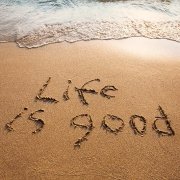
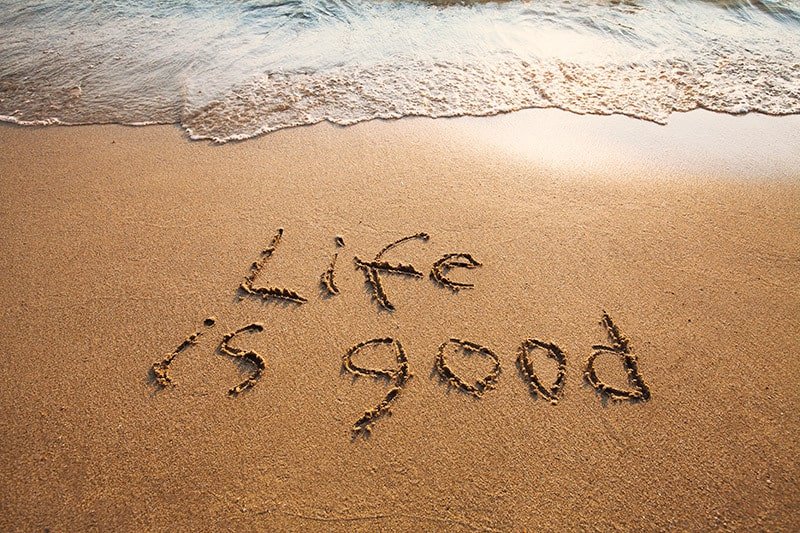 Q. What does gratitude have to do with recovery?
Q. What does gratitude have to do with recovery?
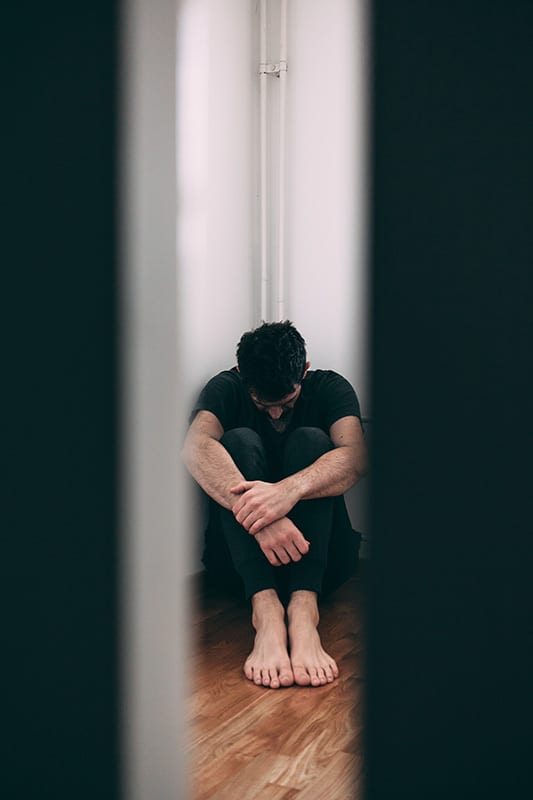 Many people have a difficult time finding pleasure or coping with distress and pain. In the beginning, alcohol and drugs often provide some of them a solution- a short-cut to relieving discomfort/ pain and access to pleasurable sensations.
Many people have a difficult time finding pleasure or coping with distress and pain. In the beginning, alcohol and drugs often provide some of them a solution- a short-cut to relieving discomfort/ pain and access to pleasurable sensations.
 Q. What are common signs of drug and alcohol problems?
Q. What are common signs of drug and alcohol problems?

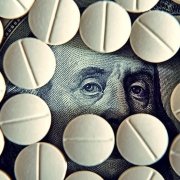
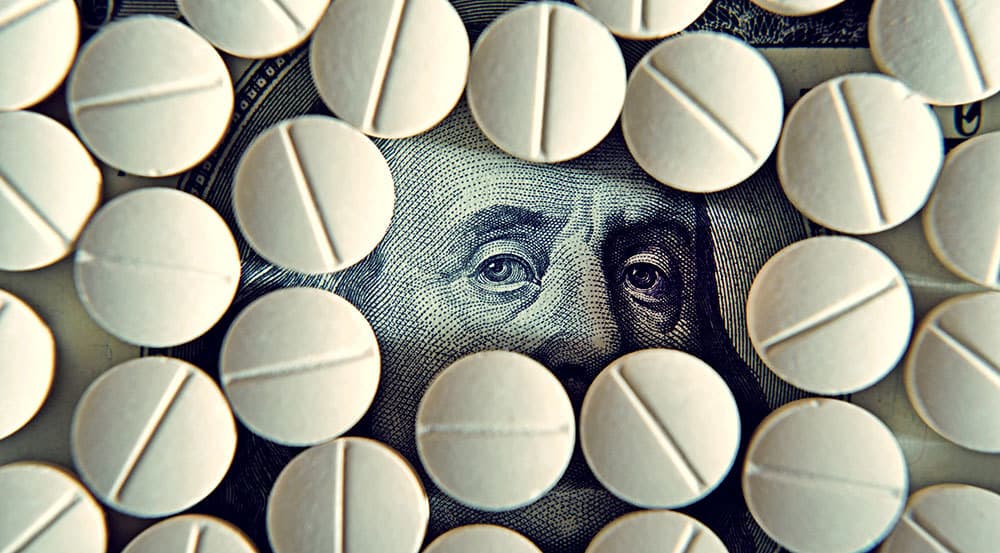 Q. Does Orange County have affordable, accessible and reputable drug rehab options?
Q. Does Orange County have affordable, accessible and reputable drug rehab options?
 Q. When surfing the web for alcohol and drug rehabilitation, why do all of the expensive and distant drug rehabs rank first in any search?
Q. When surfing the web for alcohol and drug rehabilitation, why do all of the expensive and distant drug rehabs rank first in any search?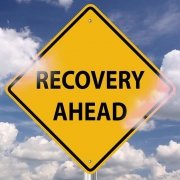

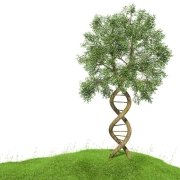
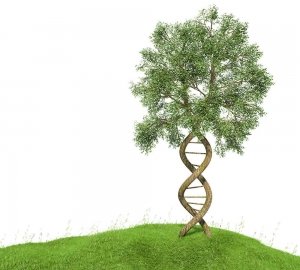

 Policy and Administration Changes are required to implement the move from an acute-care model to an outpatient and recovery management system. Included in these changes are prerequisite revisions in administration:
Policy and Administration Changes are required to implement the move from an acute-care model to an outpatient and recovery management system. Included in these changes are prerequisite revisions in administration: